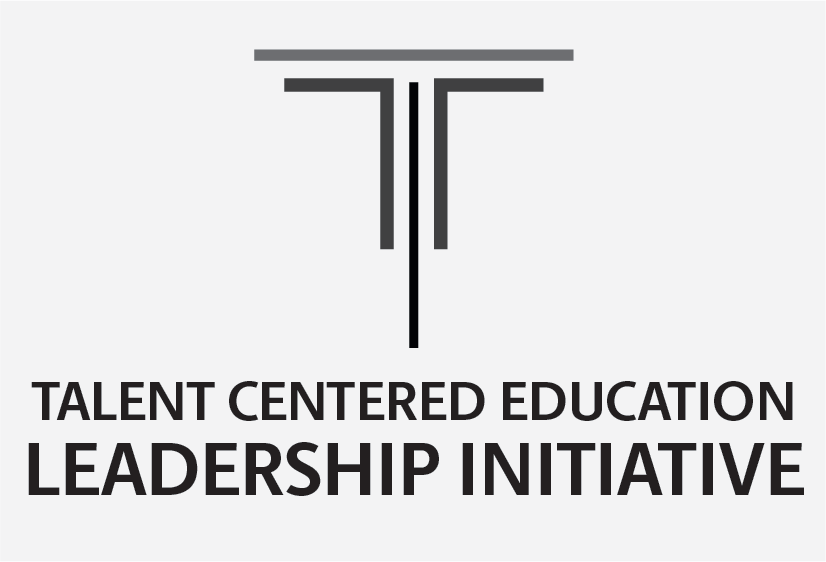ABOUT US
The TCELI organizes its activities around issues that are socially and culturally important and that can be advanced by bringing together multi-disciplinary knowledge and practice. We acknowledge that learning and education are interdisciplinary, involve multiple sectors, and that solving today’s problems and tomorrow's challenges should involve various industries.
The Initiative provides the space and opportunities to bring the intersection of education, social structure, individual narratives, their mutual construction, and the dynamics by which they emerge.
A major barrier to diversifying the education workforce is the belief held by many that these efforts equate to lowering hiring and quality standards. The philosophy undergirding TCELI is that excellence and inclusion are not mutually exclusive. In fact, research has suggested that beyond representational value, diversity brings innovative value to organizational performance.
We interpret inclusion more broadly than typically used. When discussing inclusion, not only do we refer to the inclusion of people from all demographic backgrounds (e.g., race, sexual orientation, religion) in traditionally underrepresented spaces (e.g., universities, STEM disciplines, faculty, and leadership roles), but we also include other traditionally marginalized areas as well. For example, education research and policy attention are often directed toward urban and suburban schools to the neglect of those in rural contexts. Case in point, while many speak of current teacher shortage trends in general, the challenges are often much more severe for high-poverty rural schools. We seek to intentionally conduct work that brings attention to the challenges of these marginalized areas and propose evidence-based solutions to those challenges. From an industry perspective, we speak of inclusion pertaining to including educators into the circle of esteemed professions as it relates to workforce treatment, salaries, and respect so that education is an attractive position given its critical role of helping to shape the minds of the future.
Excellence is defined as not only performance as traditionally perceived in the education industry, but also how performance might be perceived after acknowledging and confronting systemic bias in current structures (e.g., teacher evaluations, standards of “professionalism,” standardized tests).
We interpret education as a space for talent development. Educational Talent is defined as individuals in education with the potential to advance institutions and society, this definition is inclusive of not only teachers, faculty, and administrators, but also students, staff, and others who support the daily functions of education.
In sum, our work aims to positively benefit society by broadening not only the representation but engagement of underrepresented groups (e.g., gender, ethnicity, disability, geography, etc.).
Director
Henry Tran, Executive Director
Henry Tran is an Associate Professor at the University of South Carolina’s Department of Educational Leadership and Policies who studies issues related to education human resources (HR). He has published extensively on the topic, and holds two national HR certifications. He is also the co-lead editor of the book How did we get here?: The decay of the teaching profession, editor of the Journal of Education Human Resources, and the Director of the Talent Centered Education Leadership Initiative.


